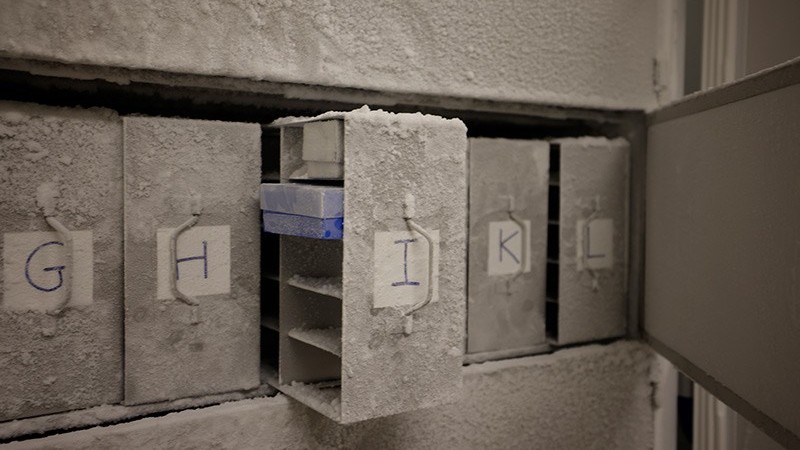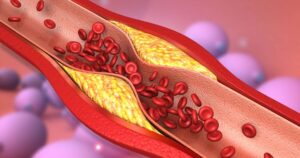
ZURICH, Switzerland – In a bid to safeguard future generations, scientists are storing human fecal samples in a “doomsday” vault in Switzerland. This unique repository, already holding over 1,000 samples, aims to collect 10,000 by 2029.
Immediate Impact
The vault, located at the University of Zurich, is part of the Microbiota Vault project. Researchers are freezing these samples to preserve the diverse range of microbes they contain. The goal is to ensure that future generations have access to these microbes to address potential medical and health crises.
Key Details Emerge
According to a commentary published in Nature Communications, the fecal samples contain billions of microbes crucial for human health. The storage facility also includes nearly 200 types of fermented foods rich in “gut-friendly” microbes, with plans to add environmental microbes as well.
“Microbe loss is associated with an alarming rise in chronic diseases, such as allergic, autoimmune, and metabolic disorders,” the researchers noted.
The commentary highlights the importance of preserving microbial diversity across all ecosystems—human, animal, and environmental. Human activities, such as conventional agriculture and climate change, are disrupting these microbiomes.
Expert Analysis
Dr. Martin Blaser, director of the Center for Advanced Biotechnology and Medicine at Rutgers University, emphasized the urgency of the project. “Human activities are depleting our microbiome, and there’s lots of evidence of that,” he stated. Although current science cannot yet restore ecosystems by reintroducing frozen microbes, Blaser is optimistic about future advancements.
Background Context
The Microbiota Vault, inspired by Norway’s Svalbard Global Seed Vault, began in 2018. During its initial phase, the project tested the feasibility of collecting samples worldwide. So far, 1,204 fecal and 190 food samples have been amassed from countries including Benin, Brazil, and Thailand.
“Maybe 100 years from now, having saved these microbes could prevent a major disaster,” Blaser added.
What Comes Next
The project is now entering a “growth” phase, aiming to acquire thousands more samples, including those from threatened ecosystems. Researchers are also seeking a permanent location for the vault, ideally in a cold climate like Switzerland or Canada.
The team stresses the importance of this mission, stating, “It is our obligation to future generations to preserve this microbial diversity.”
As scientists continue to collect and store these vital samples, the project represents a proactive approach to safeguarding global health and environmental resilience.



